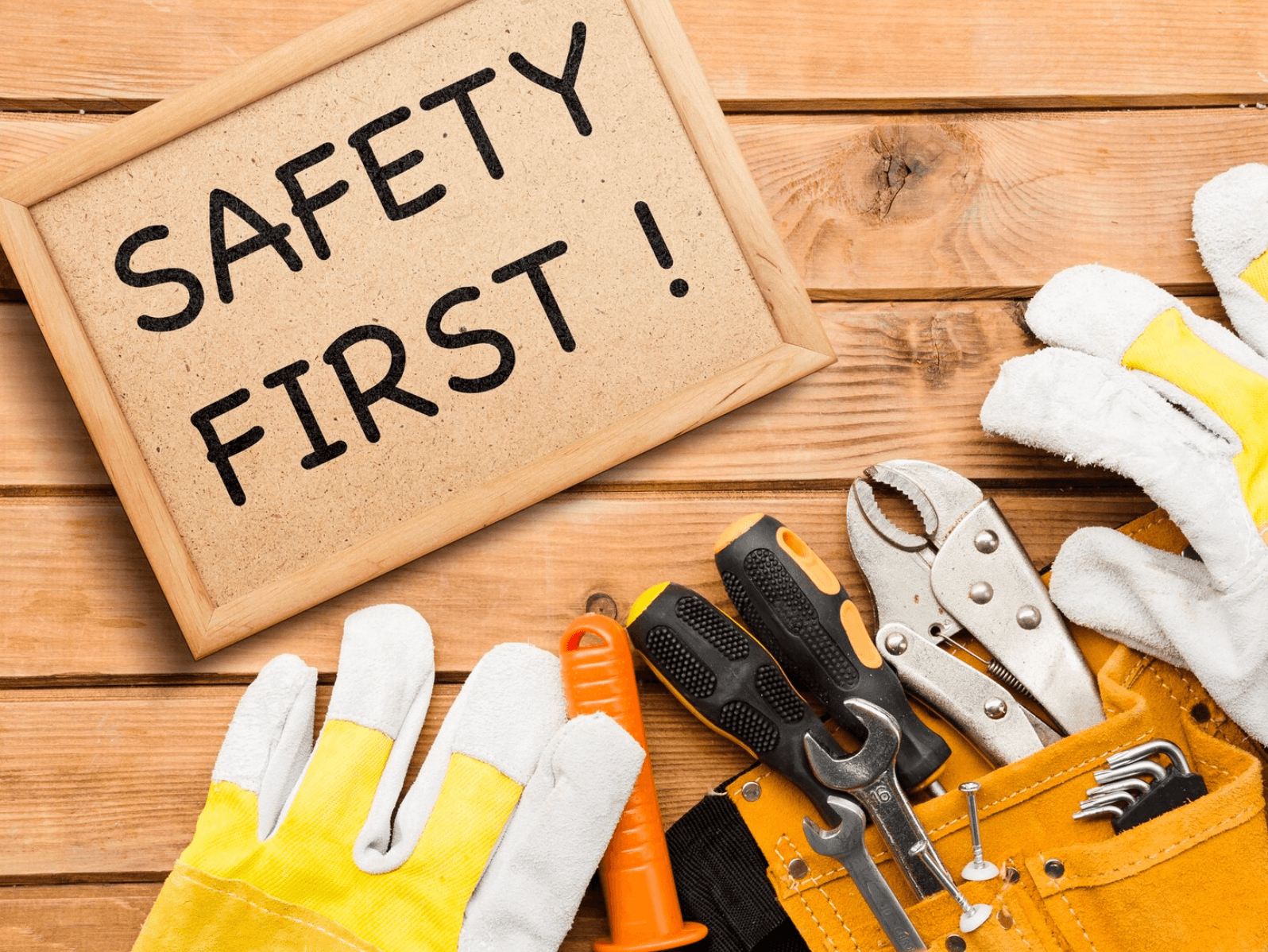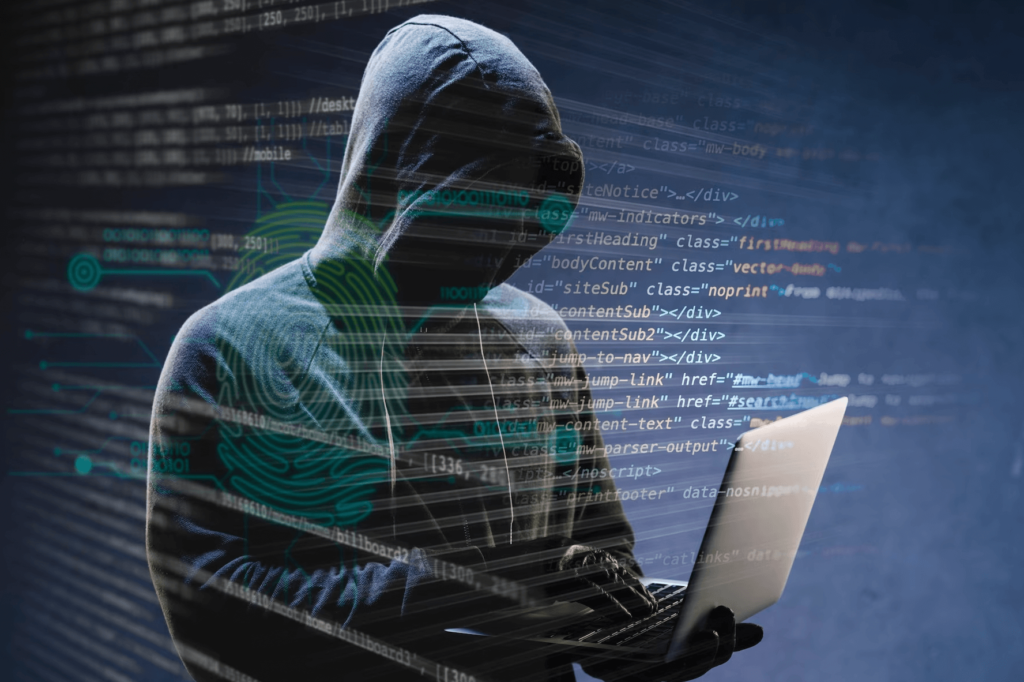Security Measures in the Workplace: Proper Implementation!

When it comes to businesses, security is an imperative necessity. Implementing security measures in a company is much more than just an administrative formality; it’s a process to protect employees, assets, and ensure operational continuity. In a world where risks can originate from various sources, including physical security, cybersecurity, and environmental risks, managing security in the corporate world is a complex challenge. This article explains everything you need to know!
- What is a security measure?
- Why is a security measure necessary?
- Different types of security measures
- Tips for choosing and using security measures
- Technological advancements in security measures
What is a security measure?
A security measure in a company is a set of measures and procedures aimed at preventing and mitigating security risks.
Security measures in companies can be classified into three main categories:
- Physical security
This encompasses measures aimed at protecting people and assets from intrusions, burglaries, fires, accidents, and other incidents. For instance, physical security systems include surveillance cameras, motion detectors, alarm systems, secure doors and windows, and more.
- Information security
This involves measures to protect sensitive information from cyberattacks, leaks, and losses. Information security measures include strong passwords, firewalls, antivirus software, security policies, and employee training programs.
- Personal safety
These measures are designed to protect employees from accidents, injuries, and illnesses. Personal safety measures include personal protective equipment (PPE), workplace health and safety training, safe work procedures, and more.
Implementing a security measure in a company is a complex process that must be tailored to the specific needs of each business and should be carried out in collaboration with security professionals.
Protecting your isolated field employees is paramount for your company. Use suitable protection tools!
Why is a security measure necessary?
Here are some of the reasons why security measures are necessary:
- For data
Data is a valuable asset for businesses. It can be used to make decisions, improve products and services, and develop new markets. Security measures are essential to protect data against cyberattacks such as hacks, viruses, and malware. Cyberattacks can have serious consequences for businesses, including data loss, service interruptions, reputation damage, and significant financial costs. Security measures can help companies protect themselves from these risks.
- For employees
Employees are also a valuable resource for businesses. They are responsible for producing goods and services, ensuring customer satisfaction, and keeping the business running smoothly. Security measures are essential to protect employees from accidents, injuries, and illnesses. Workplace accidents can have serious consequences for employees, including injuries, disabilities, and even death. Security measures can help companies prevent workplace accidents and protect the health and safety of employees.
- For customers
Security measures can help protect sensitive customer data, such as their personal and financial information.

What are the different types of security?
Here are some of the most common types of security:
- Physical Security: Physical security protects people and assets from physical threats such as theft, fire, and accidents. It includes elements like fences, security cameras, and alarms.
- Cybersecurity: Cybersecurity protects data and computer systems from digital threats such as cyberattacks, viruses, and malware.
- Information Security: Information security protects sensitive data, including personal and financial information. It includes access management, encryption, and employee training.
- Operational Security: Operational security safeguards critical processes and systems from disruptions. It includes redundancy, backup, and business continuity planning.
- Environmental Security: Environmental security protects the environment from threats like industrial accidents and chemical spills. It includes emergency plans and employee training.
La sécurité de l’information protège les données sensibles, telles que les coordonnées bancaires et personnelles. Elle inclut des éléments tels que la gestion des accès, le cryptage et la formation des employés.
It’s important to choose the types of security that align with your specific needs. For example, if you have a website, you’ll need to focus on cybersecurity. If you work in a regulated industry, information security may be a priority.
Tips for choosing and using a security measure
- Step 1: Assess your needs
The first step in selecting a security measure is to assess your specific needs. Consider your company’s size, industry, and the types of data you store. If you’re a small business, you may need simpler security measures like a firewall and antivirus. Larger businesses may require more complex security measures, such as intrusion detection systems and email filtering. Additionally, don’t forget to consider the types of employees you have. If some of them work alone (e.g., field employees or sales representatives), you should provide them with suitable security measures like alarms, helmets, etc.
- Step 2: Research
Once you’ve assessed your needs, research the various security measures available. Compare products and services from different providers to find the best value for your budget. During your research, make sure to consider the following features:
-
- Features: Ensure the security measure offers the necessary features to protect your business.
- Ease of use: The security measure should be easy to set up and use, even if you’re not a tech expert.
- Price: The security measure should be affordable within your budget.
- Step 3: Set up and use your security measure correctly
After selecting a security measure, it’s essential to configure and use it correctly. Follow the manufacturer’s instructions to set up the security measure and make sure to keep it updated regularly.
Technological advancements in security
With the growth of technology, cyber threats have become increasingly sophisticated and dangerous. To address these growing threats, security technologies are constantly evolving. Here are some of the key technological advancements in security:
- Artificial Intelligence (AI): AI is used to develop smarter security systems that can detect threats more accurately.
- Machine Learning (ML): ML is used to improve security system performance by having them learn from historical data.
- Cloud Computing: Cloud computing allows companies to centralize their data and applications in a more secure environment.
- Blockchain: Blockchain, a distributed ledger technology, can be used to secure transactions and data.

Here are some tips for leveraging technological advancements in security:
- Invest in cutting-edge security technologies: The latest security technologies can help protect your business against the most recent cyber threats.
- Train your staff in security: Security training is essential to enable your employees to identify and report security threats.
- Implement a comprehensive security strategy: Your security strategy should cover all aspects of your business, including your data, applications, and employees.
